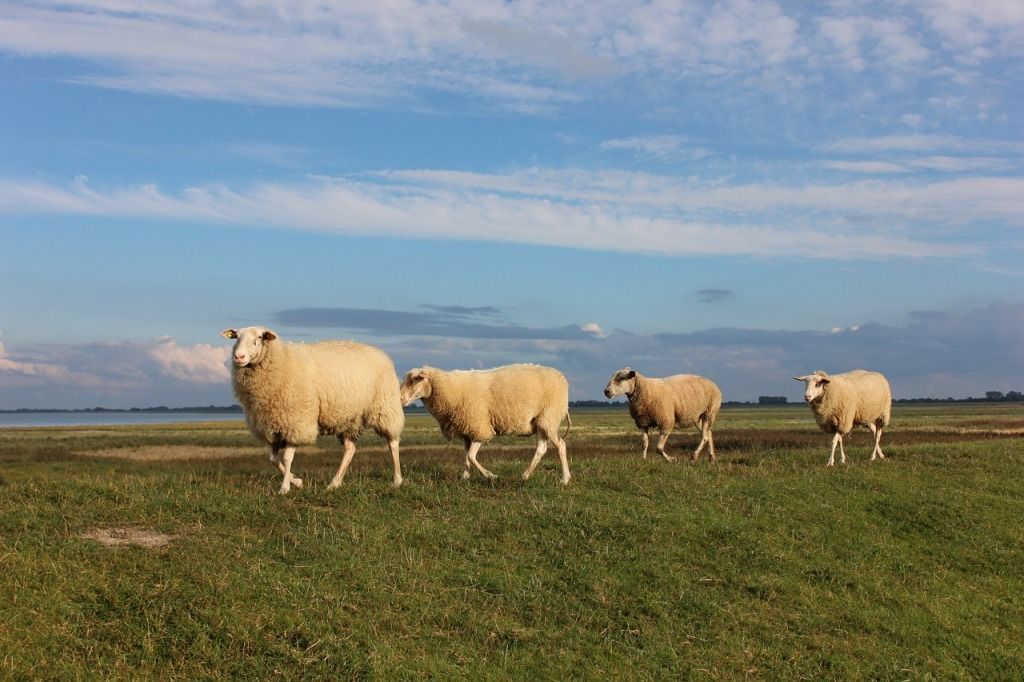 Thanks to their thick, woolly coats, sheep are a relatively easy animal to prepare for the coming winter months. This is not to say that there is nothing that you can do to help them, quite the contrary in fact, there is plenty you can do to ensure their safety and well-being as the temperature drops and the land becomes covered in ice, rain and possibly even snow.
Thanks to their thick, woolly coats, sheep are a relatively easy animal to prepare for the coming winter months. This is not to say that there is nothing that you can do to help them, quite the contrary in fact, there is plenty you can do to ensure their safety and well-being as the temperature drops and the land becomes covered in ice, rain and possibly even snow.
Though the following points on winter sheep care may save lives, they are more likely to end up simply saving you from having to deal with an awful lot of injuries and illnesses, which will save you time and them an awful lot of discomfort. Either way, they are worth taking on board, so without wasting any more time here is what we have to say about winter sheep care.
Keep Sheep Well Fed
During the winter, sheep will need to consume a lot more food to keep their body temperatures up. The wool that insulates them obviously goes a long way toward keeping them warm, but it's difficult to keep heat trapped in if not much heat is being produced. Sheep are rumen-based animals and they rely on their rumens being active to actually produce enough body heat to keep them warm.
Give Sheep Access To Warm Water
A supply of clean water is something that all animals should have constant access to, but as the weather cools so to does the water. Animals are unlikely to consume as they might need if the water is cold, so when possible do try to provide them with water that is warmer than the ambient temperature.
Remove Any & All Ice
Assume that sheep will be unable to break any ice that forms on or around them, and you ought to check regularly to ensure that none has. If ice is allowed to form and remain on a sheep's body it may lead to illness or injury, especially if it is allowed to form and remain on their hooves.
Keep Sheep Dry
Though their wool keeps them warm, it does not do them any favours when it comes to the rain, so it may be a good idea to provide sheep with a sheltered area under which they may escape from the rain and wind should they feel the need to.
...But Don't Lock Them Up
You may be tempted to herd your sheep into an enclosed, covered area and leave them there to protect them from the low temperature. Allowing them to roam around outside (when dry) will allow them access to better ventilation and will also give them the means to exercise properly and stretch their legs.
Ensure Their Enclosures Are Ventilated
Animals that are housed indoors for long periods of time are more prone to developing respiratory ailments than those that are allowed to freely stroll around, due to a build up of moisture and ammonia. Moreover, it only takes one sheep to become infected with an illness for all the others to become infected also, as a result of being kept in such close quarters to one another.
Other Hints & Tips: